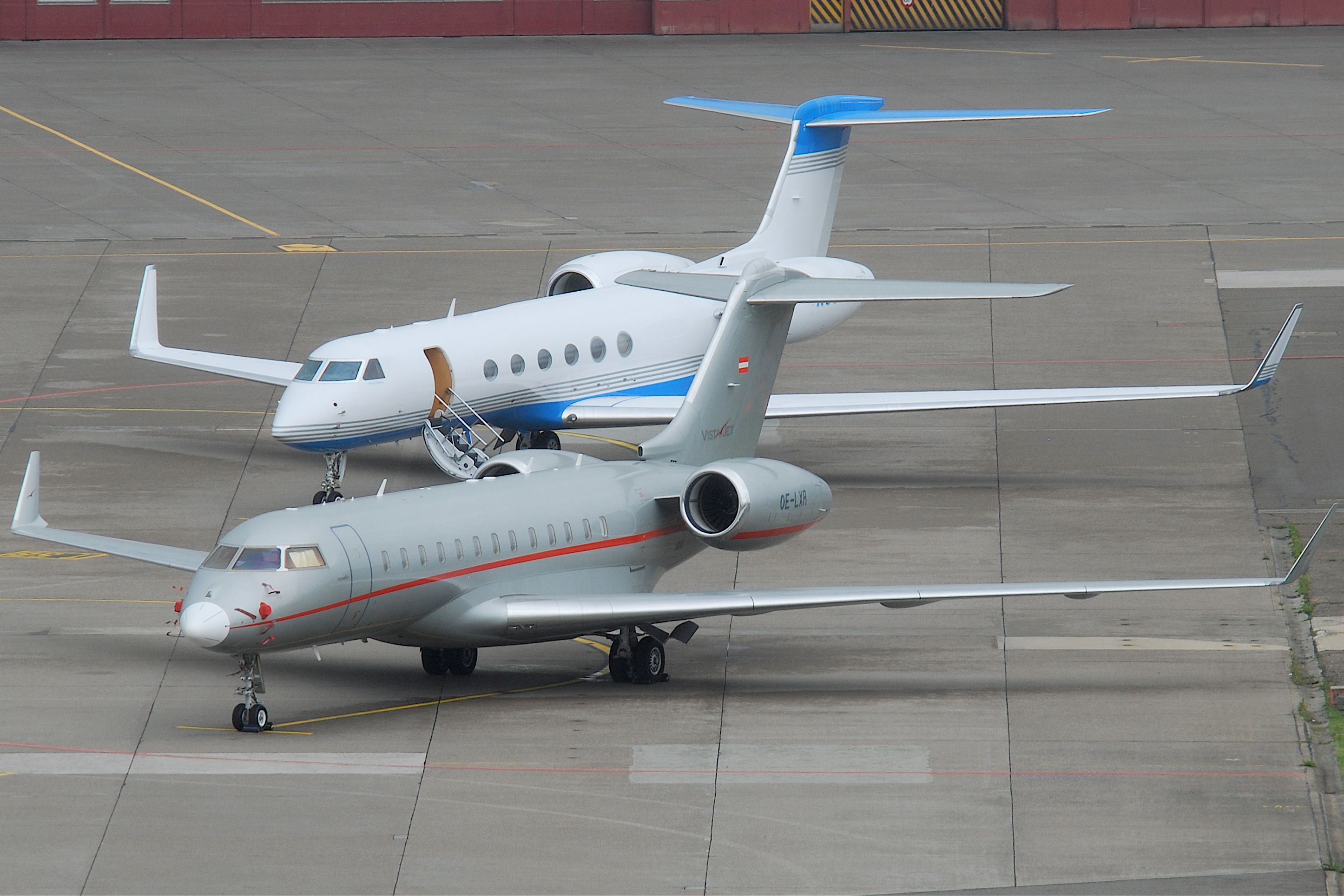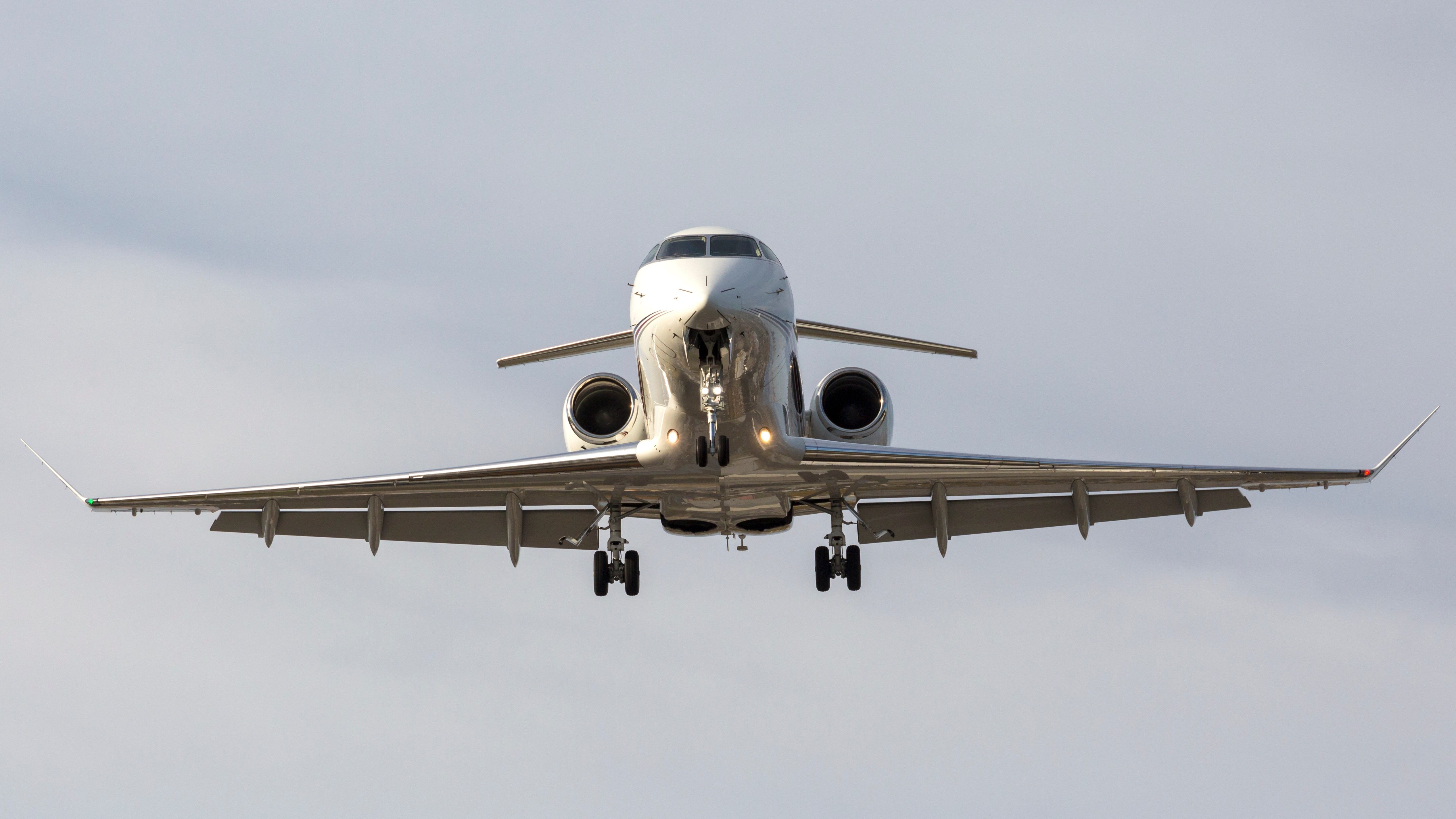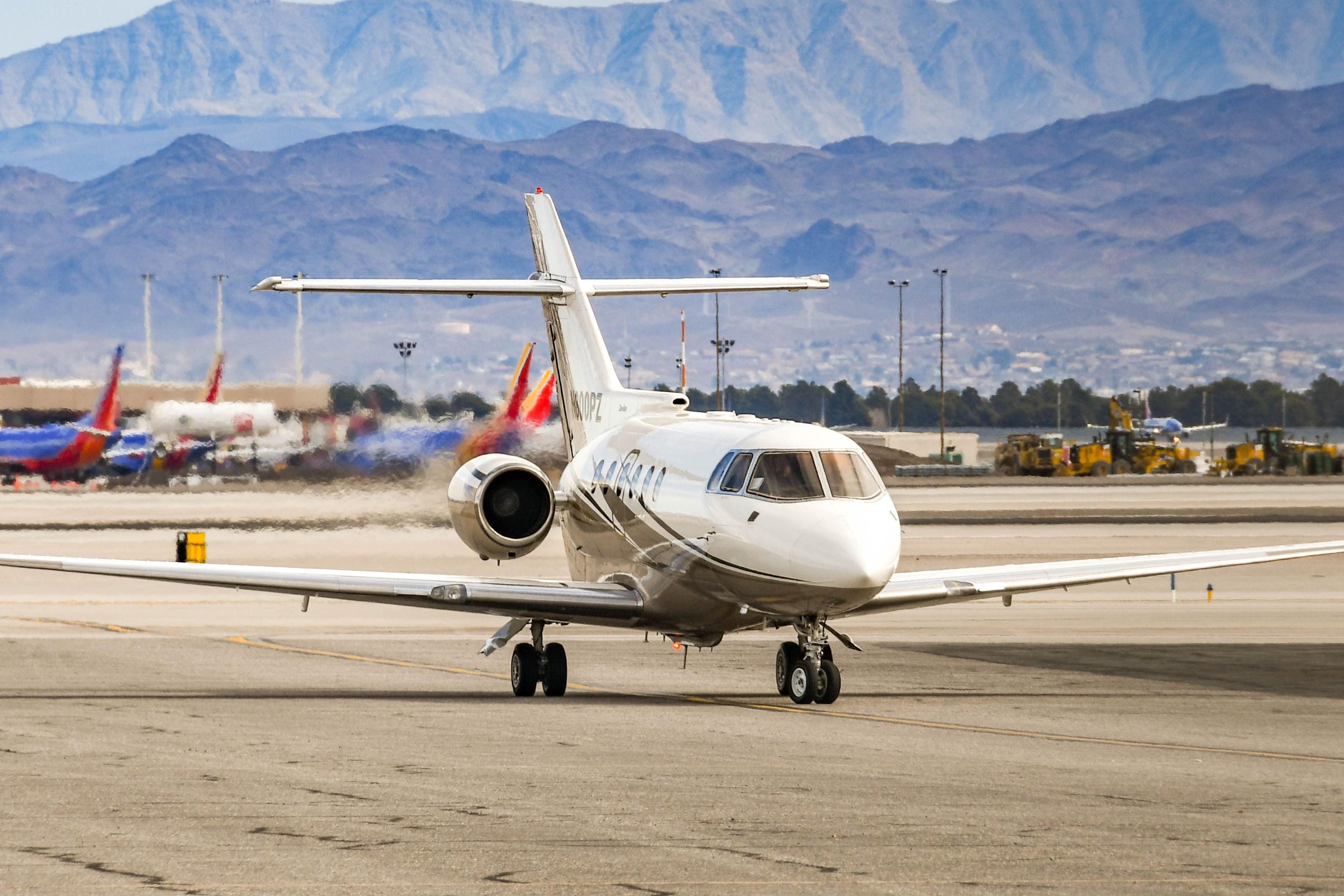Summary
- Private jet pilots earn between $160,000 to $300,000, more than commercial pilots at $150,000 to $250,000 on average.
- Private pilots deal with an unpredictable schedule and diverse clients, while commercial pilots have set schedules and clients.
- Experience is key – young private jet pilots start lower but can eventually earn up to $3,000 per day working on high-end, complex aircraft, a roughly similar setup to commercial pilots.
The world of private aviation vastly differs from commercial aviation in more ways than can be described. However, one of the most observable differences is found within the cockpits, as private jet pilots often differ from commercial ones in several key ways.
For starters, the nature of pilot experience is vastly different, as many different skills may be required to pilot private aircraft than commercial ones. Furthermore, while commercial pilots are restricted to regimented schedules and promotions are performed on an extremely controlled basis, it can be challenging to move up the ranks and efficiently increase one’s earnings potential.
Nonetheless, there are multiple key differentiating factors between commercial pilots and private jet pilots, with earnings being one of the key factors that sets the two apart. In this article, we will take a deeper look at who exactly makes more money: commercial pilots or private jet captains.
Commercial vs. Private
A pilot’s salary can vary greatly depending on experience, the aircraft type, and where they may be based. On average, a commercial pilot’s salary for a legacy airline can be between $150,000 and $250,000 annually. According to ATP Flight School, the average salary for a commercial pilot was around $211,000 in 2022, with the highest 10% of earners rising as high as $225,000.
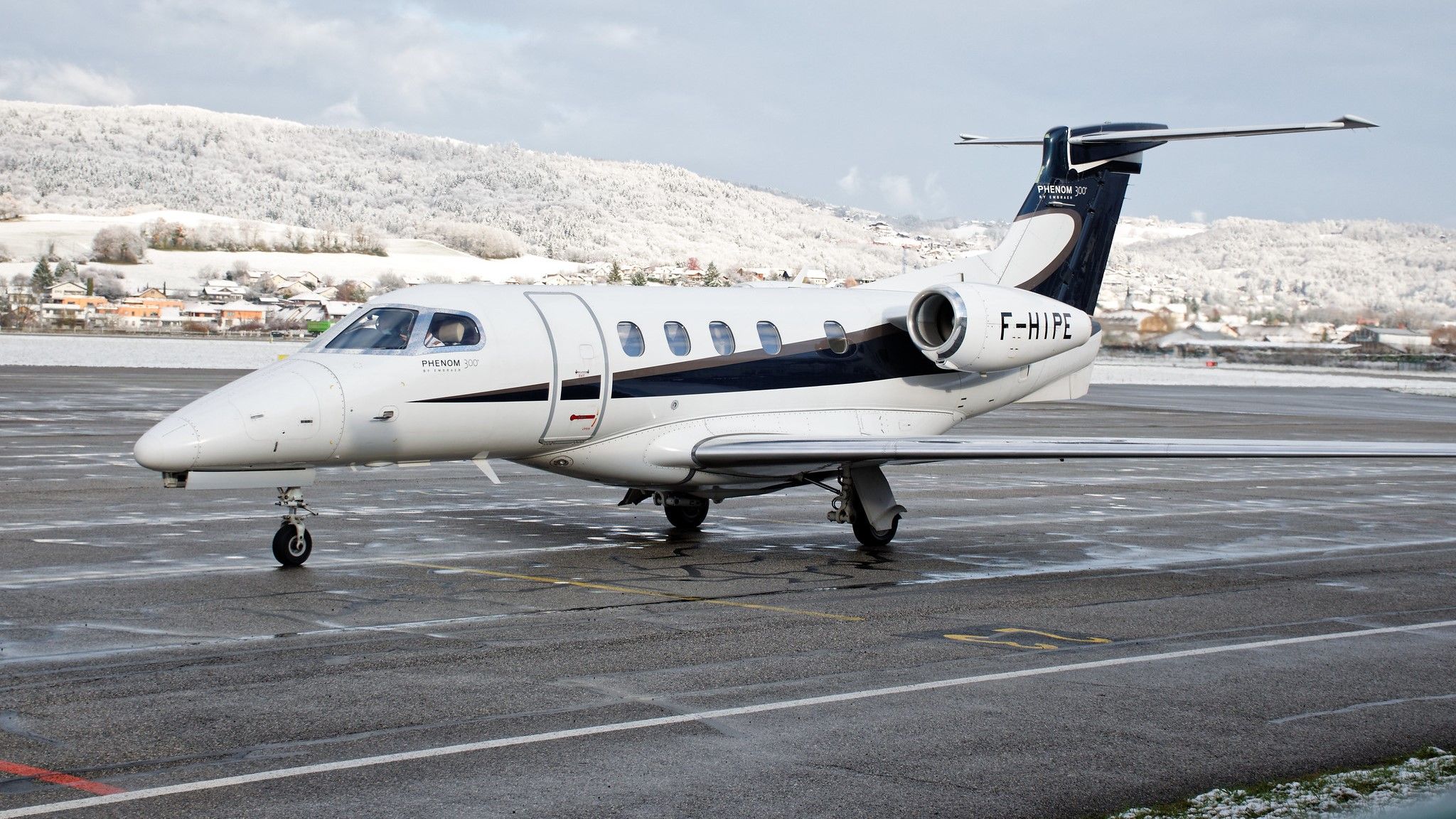
What’s It Really Like Being A Private Jet Pilot?
Being a private jet pilot can be an exciting and rewarding job.
Commercial pilots have the benefits of healthcare and a retirement plan, and the longer you stay with growing seniority, the more fruitful it becomes. The flights are scheduled, and there is a routine. A pilot might earn between $50,000 and $130,000 working for a regional airline, whereas commercial pilots can top out their earnings at between $280,000 and $320,000. However, in the US, some very experienced pilots are earning up to $700,000 per year
Becoming a commercial pilot, however, can be a slow, expensive, and rigorous endeavor. Airlines are extremely stringent on who they higher and many experiences, such as a college degree, may be non-negotiable. For example, an ex-Air Force cargo pilot may be unable to fly for a commercial airline due to a lack of a college degree but could be certified to fly as a private jet operator. These costs must be considered when evaluating long-term earnings potential in the field.
The world of private jets
The salary for private jet pilots is extremely variable but can be between $160,000 and $300,000 per year. The work is less than routine, and the schedule is often on a standby basis. It is a case of when the passenger wants to go, you go. Schedules are often hectic and always changing. If the aircraft is chartered, there will be a diverse mix of clientele.
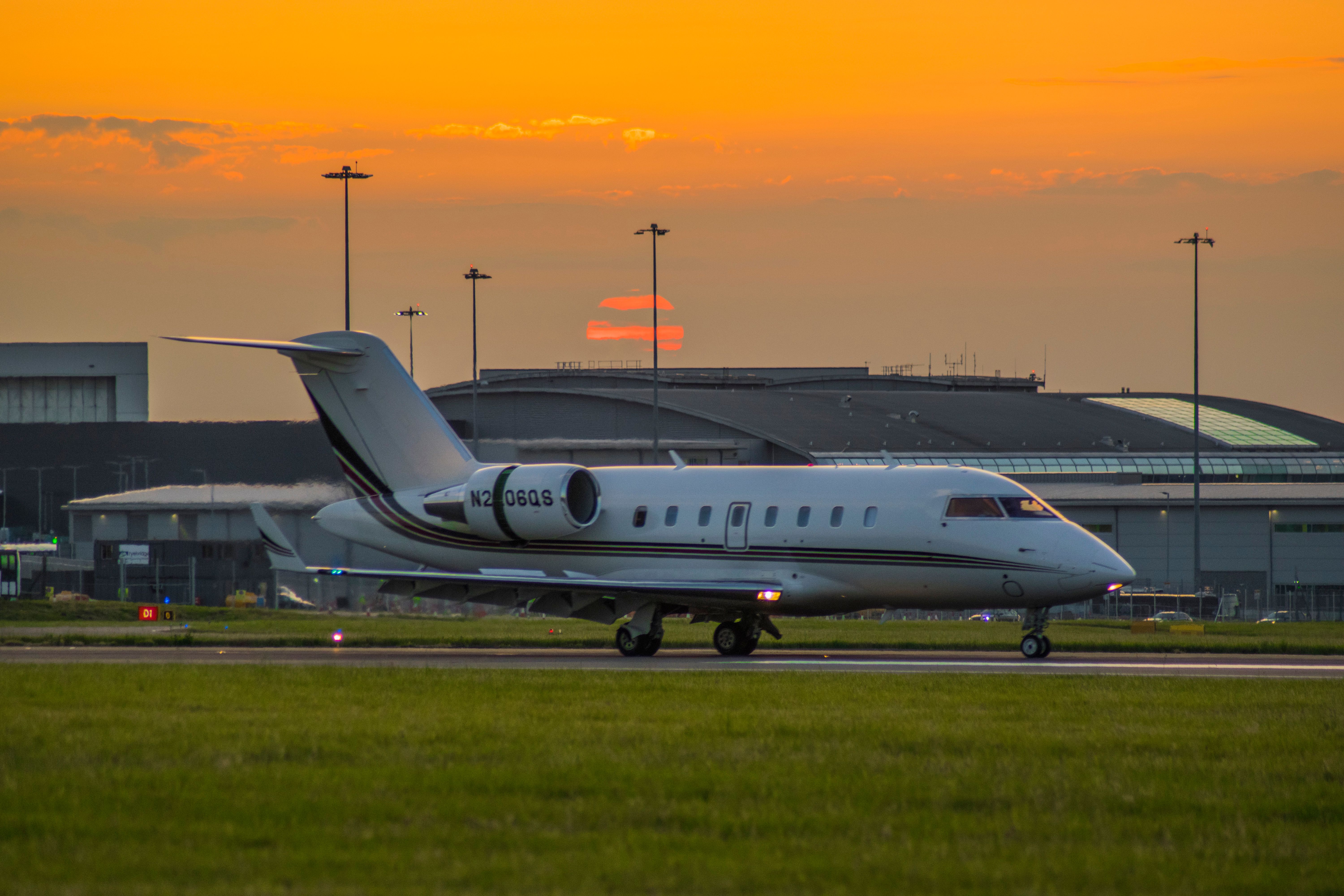
Runway Incursions: Is Better Training Needed For Private Jet Pilots?
Recurrent training is essential for a pilot’s professional journey.
Some pilots have rotations, so they might work one month on or one month off, for example. Privately-owned and business-owned aircraft tend to be more scheduled and have regular clients. Working as a freelancer can be lucrative, and an experienced private jet pilot can demand upwards of $3,000 daily.
With experience
Of course, a young, inexperienced pilot will earn much less but is less likely to work as a private jet pilot. It is, however, possible to start out on smaller aircraft types or through a cadet scheme. Very experienced pilots working on a Global 5000 or Gulfstream G650 will often be working on complex operations and long-haul flights, so they will be paid more than a pilot working on, for example, a Pilatus PC-24.
According to the Epic Flight Academy, some pilots may have another role within the company, such as chief pilot, director of flight operations or head of training. This may increase the salary further but also involves further duties and responsibilities. However, working for a private jet operator is often less stable than working for the airlines.
Photo: BlueBarronPhoto | Shutterstock
However, despite industry hiring freezes like that recently imposed by Southwest Airlines, many younger pilots find it challenging to land full-time positions at established carriers. There is no shortage of jobs available in private aviation, with the industry continuing to boom. The best time to be a private jet pilot might just be upon us.
The variables
Private jet salaries can be extremely variable, and, as a result, it is difficult to nail down exactly what a commercial pilot could make if they immediately switched to business aviation. Nonetheless, data over the years has been able to provide us with some clearer metrics to analyze. According to the Pro-Pilots Salary Study 2022, these are the average salary ranges:
First officer
|
Aircraft: |
Salary range: |
|---|---|
|
Airbus A320 |
$90,000 – $114,000 |
|
Challenger 300 |
$92,000 – $103,000 |
|
Global 5000 |
$110,000 – $122,000 |
Captain
|
Aircraft: |
Salary range: |
|---|---|
|
Airbus A320 |
$165,000 – $206,000 |
|
Challenger 300 |
$137,000 – $167,000 |
|
Global 5000 |
$182,000 – $234,000 |
Chief pilot
|
Aircraft: |
Salary range: |
|---|---|
|
Airbus A320 |
$211,000 – $235,000 |
|
Challenger 300 |
$153,000 – $185,000 |
|
Global 5000 |
$213,000 – $249,000 |
The perks
Perks of the job include better hotels (usually 5-star) and business class travel to the base for duty. Per diems – paid for every night away from the base – are a bonus. It depends on who you work for, but destinations are often considered glamorous and interesting. For example, popular European cities include Paris, Geneva, London, Nice, and Rome.
Photo: Ceri Breeze | Shutterstock
Los Angeles, Las Vegas, Aspen, New York, and Hawaii are favorite destinations in the US. Another bonus could be the addition of tips, especially when operating charter flights for VIPs. However, working on a private jet is always interesting, challenging and rewarding work.
The bottom line
At the end of the day, becoming a private pilot comes along with significantly higher variability than a commercial one. On scheduled commercial airlines, one can pretty much always be sure of exactly what you can expect in terms of salary and benefits over time. In private aviation, the ceiling is significantly higher, but that being said, the floor also sits significantly lower.


